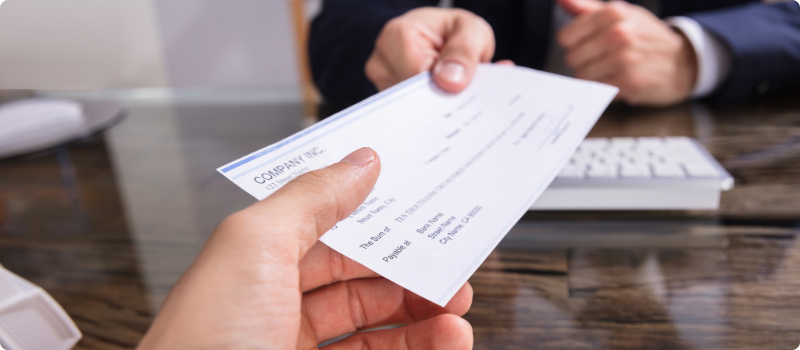Seller’s Closing Checklist
Updated June 6, 2024 . AmFam Team
You’ve sold your home and are on to the next step in your dream pursuit! Whether you’re working with an agent or selling on your own, here’s a handy list of what to expect during the closing process.

Your Responsibilities as the Seller
After signing the contract, there’s usually a period of six to eight weeks before the closing is final. During that time, you’ll have a few things to take care of to ensure that everything goes smoothly. In fact, this in-between time can be busier than most people expect!
Plan for the following:
- Cooperate with the home inspector and lender’s appraiser
- Contact your lender to start the mortgage payoff process
- Keep the house in good condition
- Negotiate or repair anything the buyer's inspector finds
- Notify your utility companies of a final service date
- Schedule the closing for your new home
- Start planning your move
Tip: Don't cancel your homeowners insurance policy until the transfer of ownership has been recorded.

Closing Day
This is the day everything happens, and you’re on your way to your next big adventure!
The day your home transaction closes is the day your deed is sent to be filed at the county courthouse. You and the buyer will sign a stack of closing documents. All bills will be paid such as agent commissions, mortgage payoffs, down payments, etc., and you will receive a proceeds check if one is due to you. The buyer receives the keys, remotes for the garage doors and possibly receipts for any work agreed to be completed.
Remember to bring the following:
- The deed to your home, if the home is paid off and has no mortgage or liens
- A photo ID – a driver's license or passport will do
- A certified check, if required, in the amount told to you by the title or escrow company
- The keys and security codes for the house
Hint: Leave the buyer the home’s warranty and instruction books for heating, cooling, and plumbing systems and for appliances that will stay with the house.

What the Seller Pays
What you pay at closing depends partly on local law and practice and the terms negotiated in the sales contract. Just remember that the contract rules. At this point, it’s too late to go back on your commitment to pay for something already agreed upon.
Expenses to expect:
- Outstanding monies due on your mortgage
- Real estate commissions
- Property taxes, utility bills, homeowners insurance and association dues (most of these are prorated at closing)
- Escrow, title and/or attorney fees
- Warranty payment, if required

This article is for informational purposes only and based on information that is widely available. This information does not, and is not intended to, constitute legal or financial advice. You should contact a professional for advice specific to your situation.
Tools & Resources
NextScripts
JSS component is missing React implementation. See the developer console for more information.

